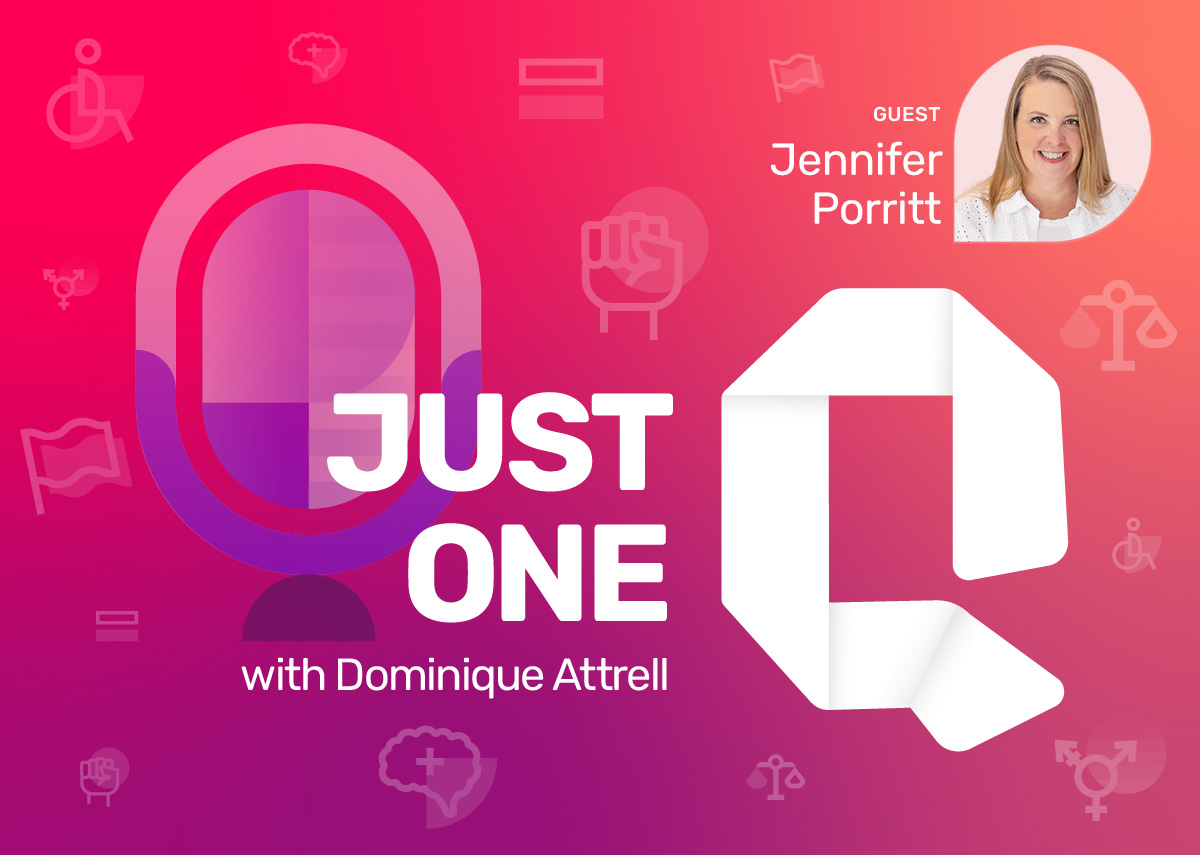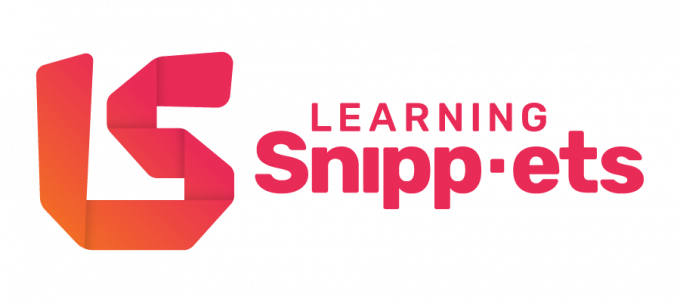
Are the best leaders ‘easy’ or ‘tough’? It’s a question that often leads to black-and-white thinking, but we explore a more nuanced approach, through Brené Brown’s Dare to Lead and Dr. Amy Edmondson’s insights on psychological safety.
I can sort of picture those two things on the, you know, the same continuum, if you will, you know, where you’ve got, I think often people see that as a black and white or a yes or no kind of approach, right? I’m going to be all one thing or all the other. And I like to sort of mush up those two and think about it.
And I’m taking this from Brené Brown’s work in Dare to Lead, where she talks about being clear, but being kind. And I think that you can be clear about expectations, about giving feedback especially, about addressing challenges. But, you can do it in a kind way. So this idea that you have to be tough, or you have to throw the hammer down, or if I’m not, you know, standing above you, then I don’t have the power.
I think those are very old school, if I can use that term, but very traditional ways of looking at leadership. My belief is that the most effective leaders out there are very clear about what they expect. About what’s okay and what’s not okay, so setting boundaries. About asking questions. About disagreeing, you don’t have to go with everybody’s opinion. But, also doing that in a kind way. And kind doesn’t mean nice. I think kind actually is clear. And so, the clearer you can be, the more direct you can be. But do it in a way that is humanistic, that sees the person for who they are, recognizing that, we all don’t like difficult feedback, we all don’t like, I think I’m generalizing, but I think there’s a lot of fairness to say that, right?
The clearer you can be, the better it is for that individual as well. So there’s less opportunity to go away from that exchange feeling like, “You know, I’m just not sure what they expect of me,” or “I’m not sure if what I did was right or wrong because they didn’t really tell me one way or the other.”
That’s not very kind as well.
The term psychological safety has been around for a long time now. Dr. Amy Edmondson, who is based out of the U.S., wrote a book and, you know, that book caught fire, and everyone started talking about this idea of psychological safety. And if we really sort of peel away the layers about what psychological safety is, it’s really this idea that you can speak up with your questions, with your concerns, and I would say more importantly, your mistakes, without feeling like you’re going to be shamed or blamed or made to feel less than for doing it. So in other words, creating a psychologically safe container is not just this idea that everyone can say whatever they want and there’s no boundaries around that or there’s no terms around that. I think it’s more just about making everyone understand that their voice will be heard.
Doesn’t always necessarily mean that you’re all going to agree, but that you can share your ideas, you can debate ideas. You can, you know, share your failings and not feel like you’re less than a human being for being that way.
It’s not about comfort. Because often, you know if I put myself in many shoes where I’ve been in before where I’ve been in meetings where I’ve wanted to say something or I wanted to speak up or I wanted to disagree and, if I’m in a place that’s not psychologically safe, then I would be more concerned about the repercussions about what I’m going to say. Or being you know, shamed for what I’m going to say or getting the finger pointed at me about being, you know, you’re not a team player if you disagree with us.
And so I think, in putting myself in those shoes, and I’m sure we’ve all felt that way, if we’re psychologically safe, it doesn’t feel comfortable to share a negative thought or to disagree with somebody. And that’s part of building courage right, is uncomfortable, the feeling of being uncomfortable. It’s just that when I share those ideas, it’s not going to feel comfortable for me, but I’m not going to feel like I’m going to be reprimanded for doing that. And that’s huge, creating those types of environments takes a lot of work, especially with a leader to be able to create, I keep calling it the container because it’s really what you’re doing as a leader is creating the container to have those conversations. For people to feel challenged, feel that they could speak up, but in a way that honors them for their individuality instead of punishing them for it.
Jenn has been immersed in human resources and training for more than 25 years and she’s committed to helping leaders evolve and grow to support successful organizations.
She holds a master’s certificate in organizational development and change from the Schulich School of Business and professional designations in both human resources (CHRL) and training & development (CTDP). She also holds coaching certifications from Brené Brown’s Dare to Lead, Team Coaching International, EQ in Action, Everything DiSC Workplace, Crucial Conversations, and Five Behaviours of Team Development.
Jenn’s career started in HR at the University of Wilfred Laurier in Waterloo, Ontario, then she moved to PriceWaterhouseCooper where she learned, tested, implemented, planned and oversaw hundreds of tools, trainings, courses, assessments, and management interventions. She has empowered more than 5,000 individuals and led more than 475 trainings.
Jenn is also the Subject Matter Expert for two of Dialectic’s new Learning Snippets programs: Leadership 101 and Collaboration 101. These are scenario-based microlearning programs that are designed to equip leaders and team members with proven tools and strategies.
Dialectic helps organizations improve the way people work, learn, and collaborate through person-centred design and the latest in social science.

Does your team struggle with learning new soft skills?
Use our app or upload Snippets to your LMS to build better habits in minutes with scenario-based microlearning.
© 2025 Dialectic. All rights reserved. | Contact Us | Privacy Policy | Terms of Use | AODA Statement
See how easy it is to activate soft skills in your organization. Soft skills training on 3 key topics: DEI, Leadership, and Collaboration.